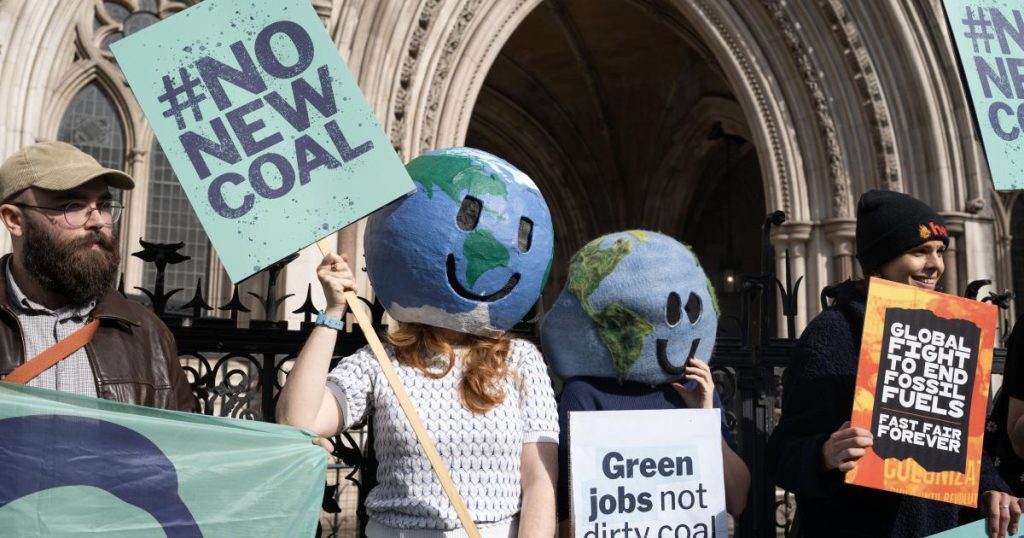Cumbrian coal mine ruled unlawful
2 min read
The decision to grant planning permission for a controversial coal mine in Cumbria has been quashed by the High Court in a major victory for campaigners.
The judgment follows legal challenges by Friends of the Earth (FoE) and South Lakes Action on Climate Change (SLACC) to a decision made in December 2022 to grant planning permission by Michael Gove, the then secretary of state for levelling up, housing and communities.
Days after general election, the new government conceded that planning permission had been unlawfully granted and withdrew its defence of the legal challenges.
Powerful
This followed a ruling by the Supreme Court in June in a case bought by resident Sarah Finch against Surrey County Council, which supported Finch’s argument that planning applications for fossil fuel projects must consider the environmental impact of burning the fossil fuels, not just of extracting them.
In making its judgment, the High Court agreed with the campaigners that the climate-changing emissions from burning the coal extracted from the Whitehaven mine – 99 per cent of its emissions – were not properly considered during the planning process.
It dismissed the arguments from West Cumbria Mining (WCM) to the contrary, with the company persisting in defending the court case even though the government had pulled its defence.
The High Court ruling sends a powerful signal about the importance of the Supreme Court ruling for fossil fuel projects, according to FoE.
The environmental organisation said in a statement: “It shows unequivocally that the process for seeking permission for these climate-wrecking projects has fundamentally changed.”
Judge Mr Justice Holgate agreed with FoE that the secretary of state acted unlawfully in accepting WCM’s claim that the mine would be ‘net zero’ and have no impact on the country’s ability to meet the emissions cuts required under the Climate Change Act 2008.
Muddle
The mining company had claimed it would offset the emissions from its mine through purchasing carbon credits from abroad, despite the fact that UK government policy does not allow reliance on international offsets to meet its carbon budgets under the CCA.
WCM had also argued that Whitehaven coal would simply ‘substitute’ for coal that would otherwise be extracted elsewhere in the world, so there would be no net increase in global carbon emissions.
But the judge agreed with FoE and SLACC’s objection to this claim, and concluded that it was “impossible to reconcile the inconsistencies and muddle” in the secretary of state’s reasoning on this issue.
The judge also agreed with both claimants that the secretary of state’s finding that the mine would not have a negative international impact was incorrect in law.
The ruling means that communities secretary Angela Rayner, who is also the deputy prime minister, will now have to reconsider the planning application, taking the full climate impact into account. In doing this, she could call for new evidence or even re-open the planning inquiry.





